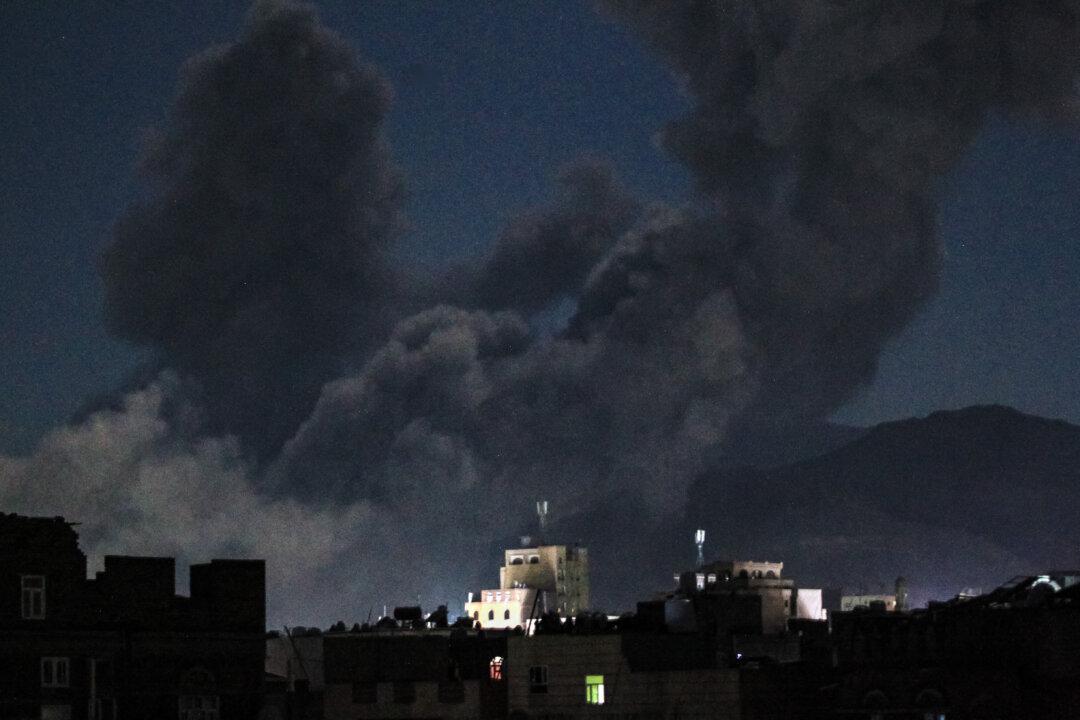After more than two weeks of U.S. strikes across Yemen, Sens. Jeff Merkley (D-Ore.) and Rand Paul (R-Ky.) have called on the Trump administration to explain its decision-making and lay out a clear strategy for how this new military campaign will proceed.
Since March 15, U.S. forces have been targeting weapons sites, command centers, and leaders of the Houthi rebel movement, a Yemeni faction that the Trump administration recently re-listed as a foreign terrorist organization.





